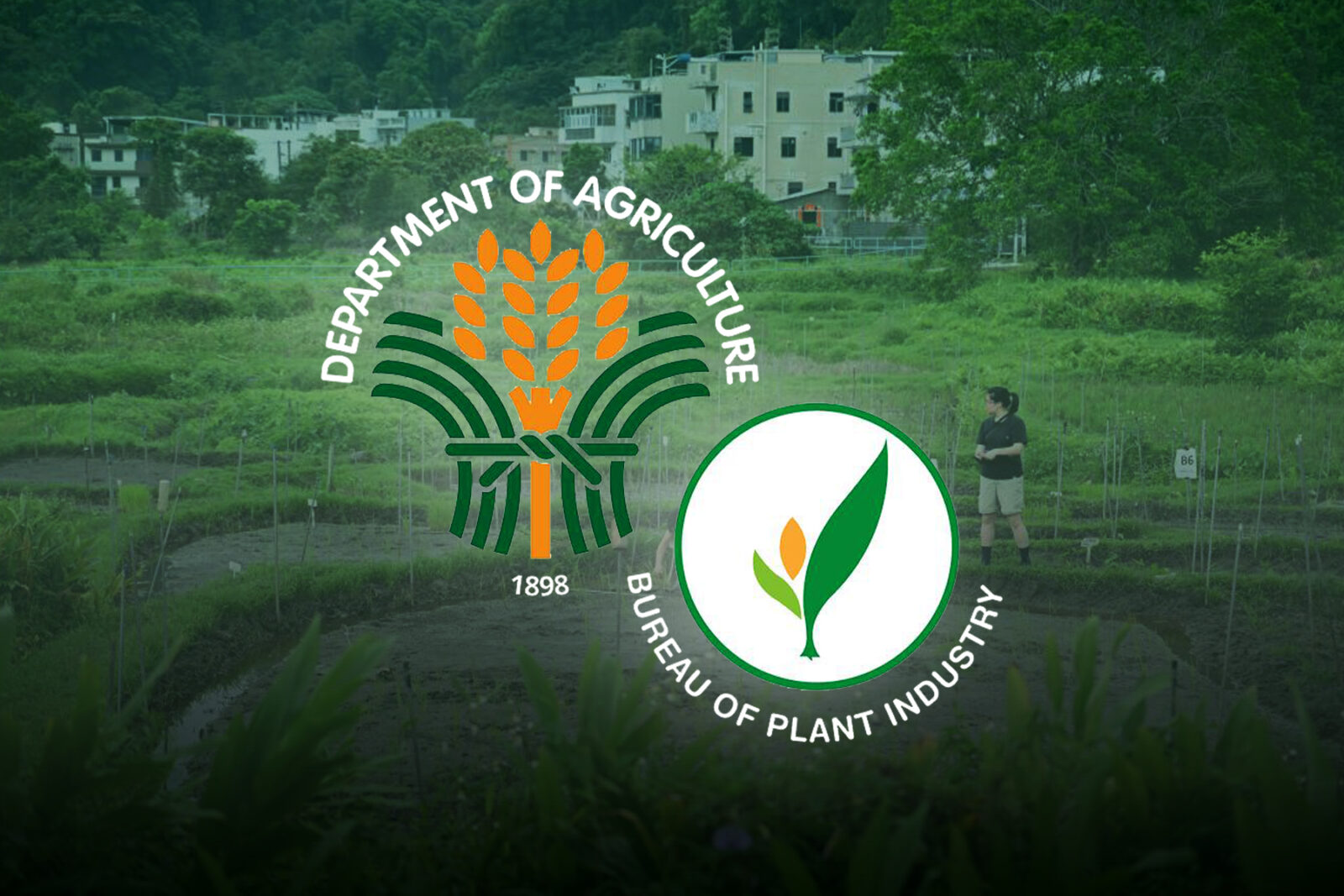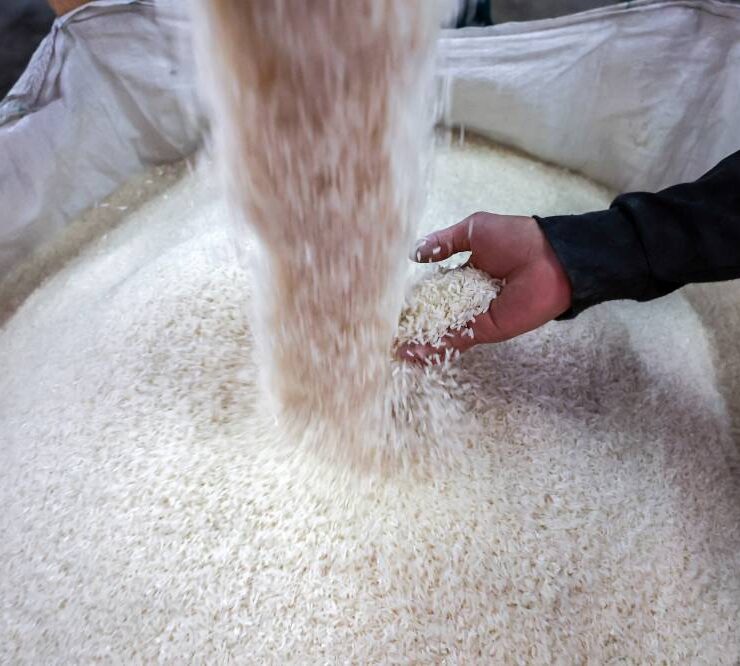Rice imports drop 16% amid ban on inbound cargoes

Inbound rice shipments this year have declined as of early October amid the government’s temporary import ban.
Data from the Bureau of Plant Industry (BPI) showed that rice imports reached 3.26 million metric tons (MT) as of Oct. 2.
This mean a 15.8-percent drop from 3.87 million MT of rice imported in the same period last year.
The total represents 67.9 percent of last year’s record-high import volume of 4.8 million MT.
Among the country’s major suppliers, Vietnam topped the list with 2.64 million MT in cargos in 2024. This volume represents a market share of more than 80 percent.
Myanmar was a distant second with 343,910.33 MT or 10.5 percent of total. Third was Thailand with 176,270.26 MT or 5.4 percent.
Other sources of rice imports in 2024 were Pakistan, India, South Korea, Cambodia, Singapore, Taiwan, Japan, Italy and Spain.
Agriculture Secretary Francisco Tiu Laurel Jr. announced the extension of the rice import ban until the end of this year during a hearing in Congress last Tuesday. This is intended to shield farmers against further losses due to lower palay (unmilled rice) prices.
Speaking before the House of Representatives’ agriculture committee, Tiu Laurel said palay prices remain under downward pressure. This was due to oversupply and poor grain quality caused by persistent rains.
The agriculture chief said the import restriction will be lifted for a month only, in January next year. The ban will be restored the following month, in February, to help stabilize prices in time for the dry harvest season.
Tiu Laurel also told lawmakers that President Marcos was considering the restoration of the 35-percent tariff on imported rice.
“If the tariff hike is approved, well and good,” he said. “But if not, our fallback plan—already supported by the President—is to allow importation only in January, and suspend it again from February to April to protect the next harvest.”
Data from the Bureau of Customs showed the tariff cut resulted in an estimated P20 billion in foregone revenues over a 12-month period.
To recall, President Marcos signed Executive Order No. 62 in June last year. This reduced the import duty to 15 percent.
Further, Agriculture Undersecretary for Rice Industry Development Christopher Morales said the country is assured of stable supply to support a 60- to 120-day import suspension.
Morales said rice supply is estimated to range between 3.24 million MT and 4.06 million MT by year-end. That would be enough to meet 85 to 106 days of nationwide rice consumption.
The Department of Agriculture also estimated the domestic palay harvest to hit the range of 20.29 million MT to 20.51 million MT. Such volumes would surpass the 2023 record harvest of 20.06 million MT.





















